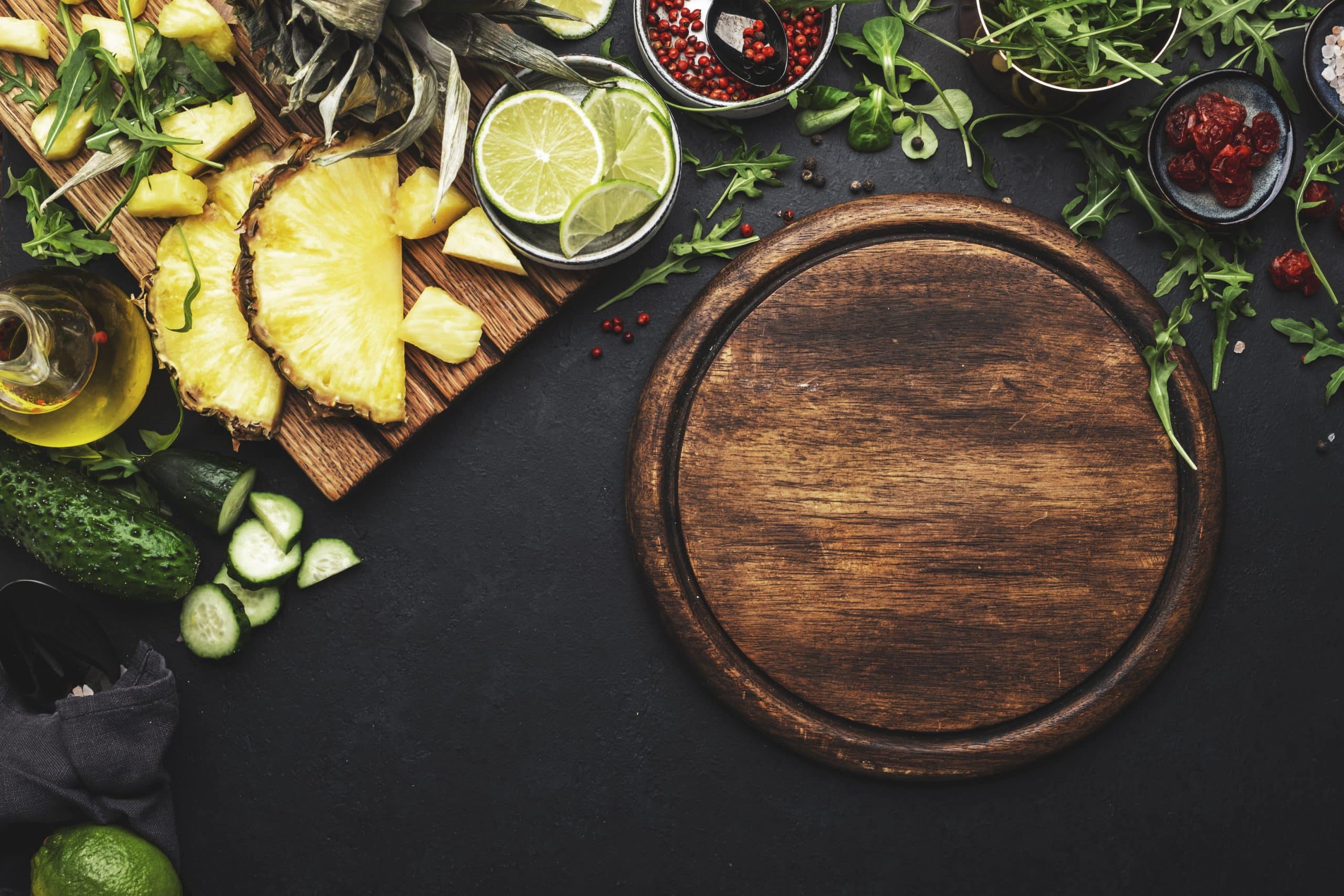What Are the Essential Nutrients for a Homemade Diet Tailored to a Sphynx Cat?

The health and vitality of your beloved Sphynx cat largely depend on the diet you provide for them. Therefore, it is important to know what food ingredients are most beneficial for this unique breed. The Sphynx cat, known for its hairless appearance and playful demeanor, requires a diet rich in specific nutrients to maintain its overall health and well-being. In this article, you’ll learn about the essential nutrients necessary to create a balanced, homemade diet for your Sphynx cat.
Understanding Sphynx Cat’s Unique Dietary Needs
Before diving into the specifics of what a Sphynx’s diet should consist of, it’s important to understand the unique dietary needs of this breed. Sphynx cats have a high metabolic rate which causes them to burn energy at a rapid pace. This means they require more food intake compared to other breeds.
Lire également : How to Teach an African Grey Parrot to Imitate Specific Sounds or Phrases Accurately?
Sphynx cats also have sensitive digestive systems, making it crucial to feed them a diet made of high-quality, easily digestible ingredients. Their diet should be primarily meat-based, as cats are obligate carnivores, requiring high levels of protein to thrive.
Essential Nutrients for a Sphynx Cat
Now that we know the unique dietary needs of the Sphynx cats, let’s look at what nutrients are essential in their diet.
Dans le meme genre : How to Properly Trim the Nails of a Holland Lop Rabbit Without Causing Stress?
Protein and Amino Acids
Protein is the most crucial ingredient in a cat’s diet. It provides the necessary amino acids (the building blocks of proteins) that cats cannot produce on their own. Cats need 11 different amino acids, which they get from meat. Meat-based protein also helps Sphynx cats maintain a healthy weight, due to their high energy levels.
Fats and Fatty Acids
Fats are another important component of a Sphynx cat’s diet. Fats provide a concentrated source of energy, help absorb vitamins, and are essential for a healthy coat and skin – yes, even for hairless cats like the Sphynx. Fatty acids, such as Omega-3 and Omega-6, should be included in their diet for optimal health.
Vitamins and Minerals
Vitamins and minerals support a wide range of bodily functions, from bone formation to blood clotting. They are also necessary for a healthy immune system. Some of the most important vitamins and minerals for cats include Vitamins A, D, E, and K, calcium, and phosphorus.
Key Considerations When Feeding Homemade Diet
Feeding your Sphynx cat a homemade diet can seem daunting at first, but with a bit of knowledge and preparation, it can be a rewarding process. However, some important considerations should be kept in mind.
Firstly, always make sure your homemade diet is balanced and complete, meaning it contains all the necessary nutrients in the right amounts. It’s advisable to consult with a vet to ensure the meal plan you have for your pet is nutritionally adequate.
Secondly, remember that portion control is key. Sphynx cats have a tendency to overeat, which can lead to obesity. Use a scale or measuring cup to ensure you’re providing the right amount of each ingredient.
Sample Homemade Diet Recipe for Sphynx Cats
To help you get started with a homemade diet for your Sphynx cat, here’s a sample recipe that includes all the essential nutrients they need. This is a meat-based recipe as it’s important to remember cats are obligate carnivores and thrive on a primarily meat diet.
Recipe:
- 200g of chicken (thighs or breast)
- 50g of chicken liver
- 50g of chicken heart
- 1 egg yolk
- 1 teaspoon of fish oil
This recipe provides a balanced meal with high-quality protein from the chicken, essential vitamins from the organ meats, and necessary fats from the fish oil. The egg yolk adds additional protein and vitamins.
Remember, this is just a sample recipe. Always consult with a veterinarian or a pet nutrition expert when designing a homemade diet for your Sphynx cat. Every cat is unique, and what works well for one may not be suitable for another.
Selecting High-Quality Ingredients for the Homemade Cat Food
To ensure the well-being of your Sphynx cat, the selection of high-quality ingredients for your homemade cat food is paramount. This breed, as stated before, has a sensitive digestive system. Thus, the quality and digestibility of the ingredients you choose are significant to their health.
First and foremost, the primary ingredient should be meat. Cats are obligate carnivores, meaning they thrive on a diet rich in animal protein. A grain-free diet is especially suited to the Sphynx breed as grains can often be hard to digest. Therefore, choose lean meats like chicken, turkey, rabbit, or fish. Variety in the meat selection can also help to provide a range of different amino acids and nutrients.
In addition to meat, organ meat such as liver and heart are crucial sources of vitamins and minerals. They are potent sources of vitamin A, which is critical for a cat’s overall health.
Including a source of omega fatty acids in the diet is also essential. Fish oil is a good source of these fats and can be easily mixed into the cat’s food. Omega fatty acids are pivotal for maintaining a healthy skin condition, certainly beneficial for a hairless breed like the Sphynx.
Although cats are primarily carnivores, a small number of plant-based ingredients can be incorporated into the diet. However, these should be used sparingly and processed to aid digestion, such as steamed vegetables or pumpkin puree.
Lastly, remember to refrain from using ingredients toxic to cats such as onions, garlic, chocolate, caffeine, and certain fruits like grapes and raisins.
The Controversy Surrounding a Raw Diet
There is a rising trend among cat owners to feed their feline companions a raw diet. The raw food diet, also known as BARF (Biologically Appropriate Raw Food), consists of raw meat, organ meat, bone, and a small amount of vegetables. Many raw diet advocates argue that this is a more natural and healthful diet for cats.
However, a raw diet can have its downsides, especially for a breed like the Sphynx with a sensitive digestive system. Raw meat can be a source of harmful bacteria such as Salmonella and E. coli, which can cause severe illness in cats and humans alike. Moreover, balancing a raw diet can be more complex, as it requires careful consideration of nutrient and mineral ratios.
Before considering a raw diet for your Sphynx cat, it’s advisable to thoroughly research and consult with a veterinarian or a feline nutrition expert. If you choose to go down this route, ensure that the meat is fresh, handled, and stored properly to minimize the risk of contamination.
Conclusion
Designing a homemade diet for your Sphynx cat is a manageable task with the right knowledge and preparation. The key to an optimal cat diet lies in the selection of high-quality, easily digestible ingredients and the inclusion of all the essential nutrients.
Whether you decide to opt for wet food, a dry cat diet, or even a raw diet, always consult with a professional to ensure your pet’s nutritional needs are met. Remember, portion control is crucial to prevent overfeeding and obesity.
Investing time and effort in crafting a healthy, balanced diet for your Sphynx cat will undoubtedly pay off in their overall health, vitality, and longevity. Happy meal planning for your feline friend!
